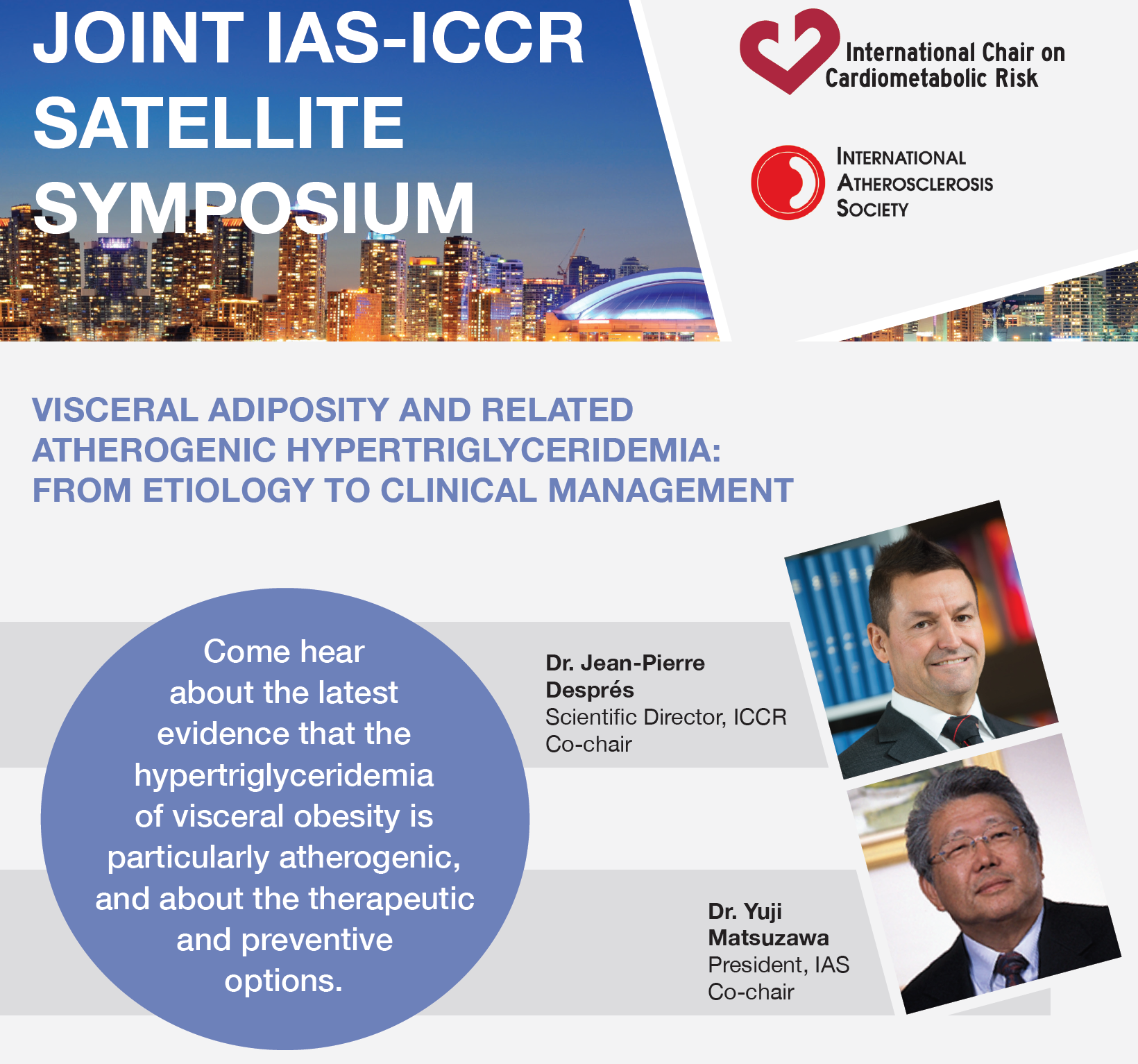NEWS RELEASE: LAUNCH OF THE DIABETES ACTION CANADA NATIONAL DIABETES REPOSITORY
Diabetes Action Canada, part of the Canadian Institutes of Health Research SPOR Program in Chronic Disease, is thrilled to announce the launch of the National Diabetes Repository.
The National Diabetes Repository will be a major step forward in the monitoring and treatment of diabetes in Canada by enabling discovery through research in a secure and controlled environment.
The core elements of the repository will be created with Electronic Medical Record (EMR) data starting with existing primary care repositories in three provinces (Ontario – UTOPIAN; Alberta – NAPCReN and SAPCReN; Quebec – RRSPUM). This represents data for over 50,000 patients with diabetes. Plans are underway to expand data holdings.
Diabetes Action Canada has oversight of the use of the data through a Research Governing Committee. 50% of the Research Governing Committee members are patients; members also include physicians providing EMR data, researchers with expertise in observational and clinical research and subject matter experts in research ethics, privacy and law.
The National Diabetes Repository will be available to Diabetes Action Canada Researchers. The aims of the research include improving appropriate screening for complications and facilitating effective and timely intervention to ultimately improve the lives and health of Canadian living with diabetes.
Privacy and Security have been paramount in scoping the requirements for the Repository. Rigorous privacy practices have been embedded into the foundation of the Repository and have been incorporated into all our policies and procedures. This will allow us to provide access to researchers without compromising data security. The National Diabetes Repository is managed at North York General Hospital and the physical hardware is housed at the Centre for Advanced Computing (CAC), a secure Compute Canada facility in Kingston, Ontario.
Submission Process:
Researchers will receive controlled access to the secure environment upon receiving approval from the Research Governance Committee. The approval will be contingent on alignment with Diabetes Action Canada core values, research ethics approval and confirmation of funding. Researchers will be able to electronically fill and submit an application through https://repository.diabetesaction.staging0.com (currently under development) or by contacting diabetes.repository@utoronto.ca
Data:
Data housed within the National Diabetes Repository are de-identified. Diabetes Action Canada has oversight of the use of the data through a robust Research Governing Committee.
Based on the project requirements, as outlined in a dataset creation plan, the Repository Data Manager will provide a cut of research data onto a secure virtual desktop for analysis. This cut of data will be aligned with the REB approved research proposal reviewed and approved by the Research Governing Committee.
Analytic Workspace:
Researchers will have access to a suite of statistical programs.
It is important to note that the data provided will be restricted to the secure virtual desktop and cannot be removed from the environment.
Data Elements:
| Allergy Intolerance | Family History | Medical Procedures |
| Disease Case Indicator | Health Conditions | Demographics |
| Diagnosis | Laboratory Results | Risk Factors |
| Encounter | Medication | Vaccine |
Additional data elements may be available. If interested, please request an updated data dictionary.
The launch of the Diabetes Action Canada National Diabetes Repository will enable unprecedented scientific insight into patient health, comorbidities and a deeper understanding of the mechanisms behind diabetes and its related complications.
Questions? Please contact conrad.pow@nygh.on.ca or diabetes.repository@utoronto.ca










 McGill University, in association with Manulife and the McGill Centre for the Convergence of Health and Economics (MCCHE), is pleased to announce that Dr. Jean-Pierre Després, Professor at the Department of Kinesiology, Faculty of Medicine at Université Laval and pioneer in developing screening techniques for visceral obesity, is the winner of the 2018 Manulife Prize for the Promotion of Active Health. This award recognises research pioneers who screened for abdominal obesity and acted to prevent it.
McGill University, in association with Manulife and the McGill Centre for the Convergence of Health and Economics (MCCHE), is pleased to announce that Dr. Jean-Pierre Després, Professor at the Department of Kinesiology, Faculty of Medicine at Université Laval and pioneer in developing screening techniques for visceral obesity, is the winner of the 2018 Manulife Prize for the Promotion of Active Health. This award recognises research pioneers who screened for abdominal obesity and acted to prevent it.
